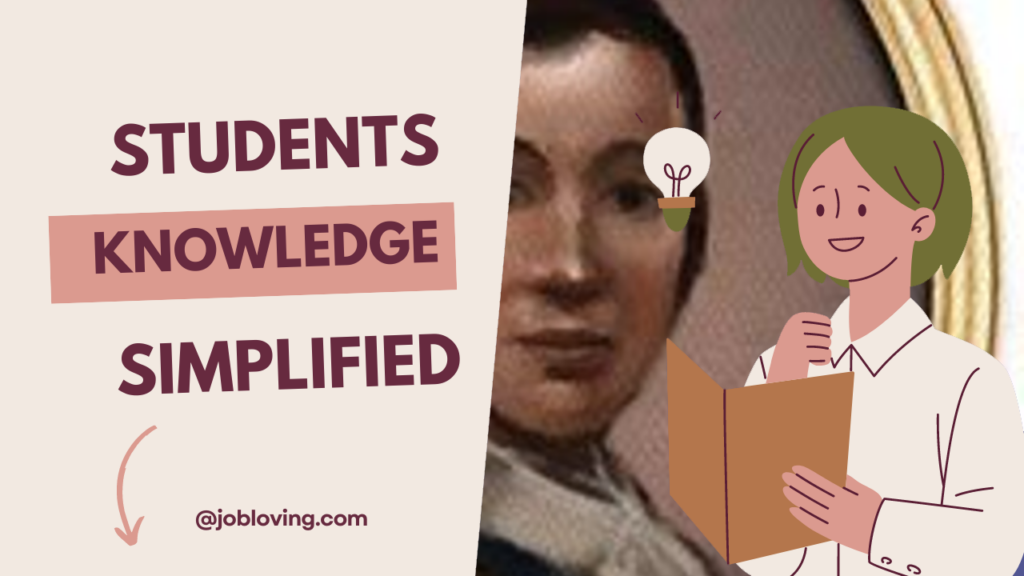In Mary Shelley’s iconic novel “Frankenstein,” the academic endeavors of Victor Frankenstein and his dear friend Henry Clerval unfold against the vibrant backdrop of the Enlightenment. When Victor finally regains his health after a terrifying brush with his own creation, he gleefully introduces Henry to the erudite professors at their university. Henry, with a fierce curiosity and a passion for knowledge, focuses his studies on Oriental languages. But that’s just the beginning of their intellectual journey.
Both Victor and Henry dive into the realm of natural philosophy, a broad field encompassing an array of scientific disciplines that were pivotal during that era. Natural philosophy served as the precursor to what we now consider modern scientific fields such as biology, chemistry, and physics. Their studies symbolize a significant cultural shift towards valuing reason, observation, and empirical evidence as tools to unlock the mysteries of nature.
Henry’s enthusiasm for natural philosophy is palpable. His dedication exemplifies the vitality of passion in academia, standing in stark contrast to Victor’s obsession—a fascination that slowly morphs into a dangerous ambition. This transition underlines a critical theme within “Frankenstein”: the eerie juxtaposition of scientific exploration and the ethical implications it entails. The pursuit of knowledge can illuminate the path to discovery, yet also cast dark shadows that lead to tragedy.
Their time at the university highlights the blend of camaraderie and competitive drive that characterizes academic life. While Henry thrives in a collaborative spirit—drawing upon the rich interaction with his peers—Victor becomes increasingly isolated, fixated on his revolutionary but morally questionable ambitions. This isolation acts as a powerful reminder of how the quest for knowledge can, paradoxically, detach one from society.
Interestingly, the bond between Victor and Henry serves as a stark reminder of the importance of human connection. Henry provides emotional support to Victor, the kind of companionship that plays a crucial role in academic success. Their friendship showcases how collaborative efforts can enhance learning, a lesson that resonates today just as deeply as it did in their time.
As they delve deeper into the principles of nature and science, their journeys ultimately foreshadow the catastrophic outcomes tied to unhinged ambition and the ethical dilemmas arising from unchecked intellectual curiosity. The vibrant intellectual atmosphere of the university fosters growth, pushing both men to question the moral dimensions of their pursuits.
In sum, the studies of Victor and Henry are emblematic of the Enlightenment’s thirst for knowledge—a thirst that, while noble, carries with it the haunting reminder of potential consequences. Their narrative arc illustrates not just the transformative power of education, but the delicate balance between enlightenment and destruction, a reminder of the profound impact knowledge can wield over our existence. Henry’s studies in Oriental languages and their shared passion for natural philosophy serve not only as essential elements of their characters but as a provocative commentary on the pursuit of knowledge itself.
How does the study of natural philosophy in Frankenstein reflect Enlightenment ideals?
The study of natural philosophy in Frankenstein embodies Enlightenment ideals by emphasizing reason, empirical evidence, and scientific inquiry. It showcases the era’s fascination with understanding nature through rational thought, which ultimately influences the characters’ pursuits and ethical dilemmas.
What ethical dilemmas arise from Victor and Henry’s studies in natural philosophy?
Victor and Henry’s studies in natural philosophy lead to significant ethical dilemmas, particularly concerning the consequences of scientific exploration and ambition. The narrative explores how their pursuit of knowledge can result in catastrophic outcomes when divorced from moral responsibility.
In what ways do Victor and Henry’s academic journeys illustrate the dual nature of knowledge?
Their academic journeys highlight the dual nature of knowledge as both enlightening and destructive. While their studies foster intellectual growth and understanding, they also reveal the potential dangers of unchecked ambition and the moral implications of their scientific endeavors.
How does the relationship between Victor and Henry influence their academic experiences?
The relationship between Victor and Henry significantly influences their academic experiences, as Henry’s supportive friendship contrasts with Victor’s isolation. This dynamic emphasizes the importance of social bonds, mentorship, and collaboration in achieving academic success and personal growth.

